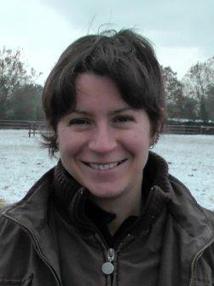BibTex format
@article{Asquith:2015:10.1371/journal.pcbi.1004355,
author = {Asquith, RE},
doi = {10.1371/journal.pcbi.1004355},
journal = {PLOS Computational Biology},
title = {Reconciling estimates of cell proliferation from stable isotope labeling experiments},
url = {http://dx.doi.org/10.1371/journal.pcbi.1004355},
volume = {11},
year = {2015}
}

